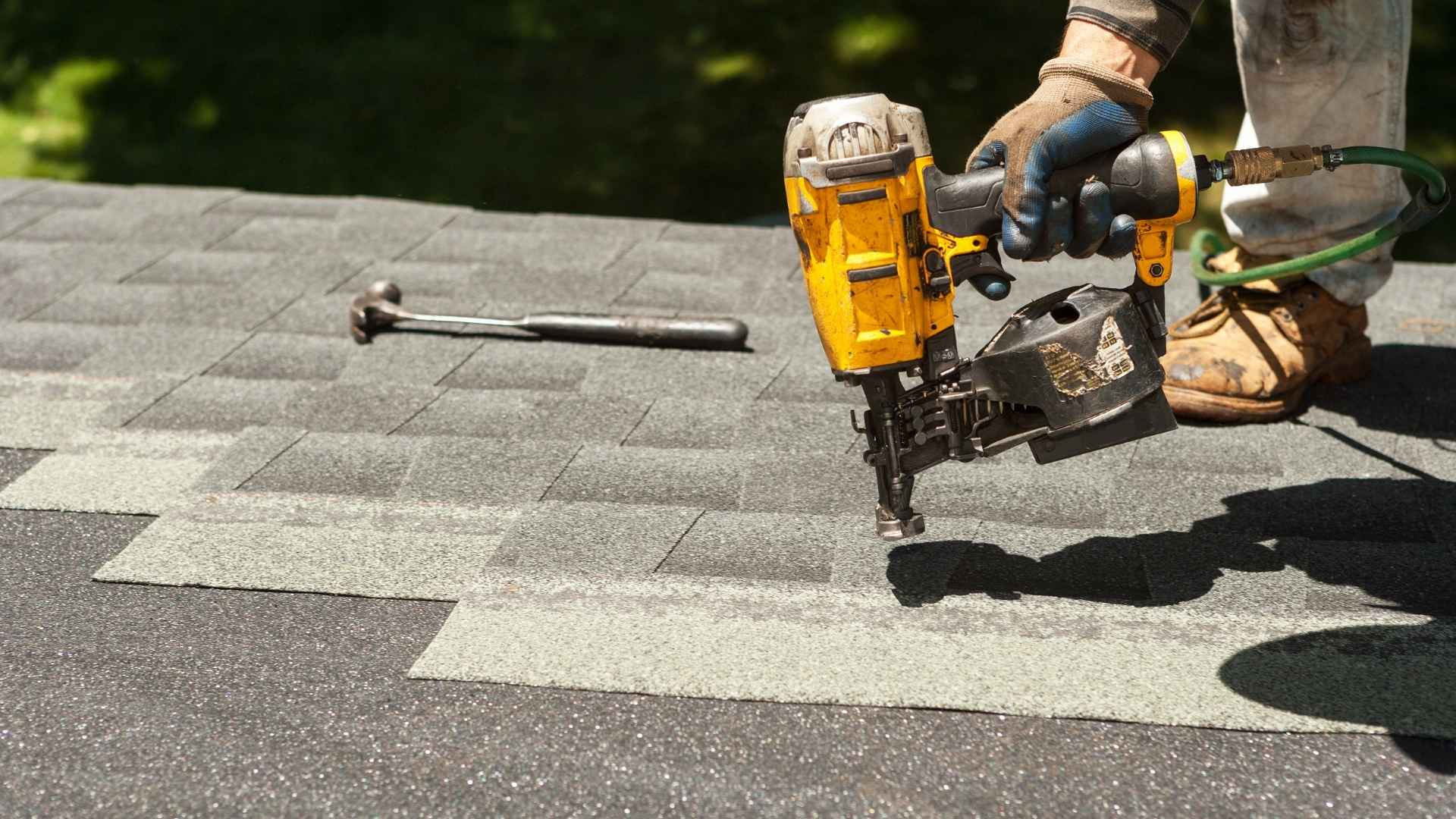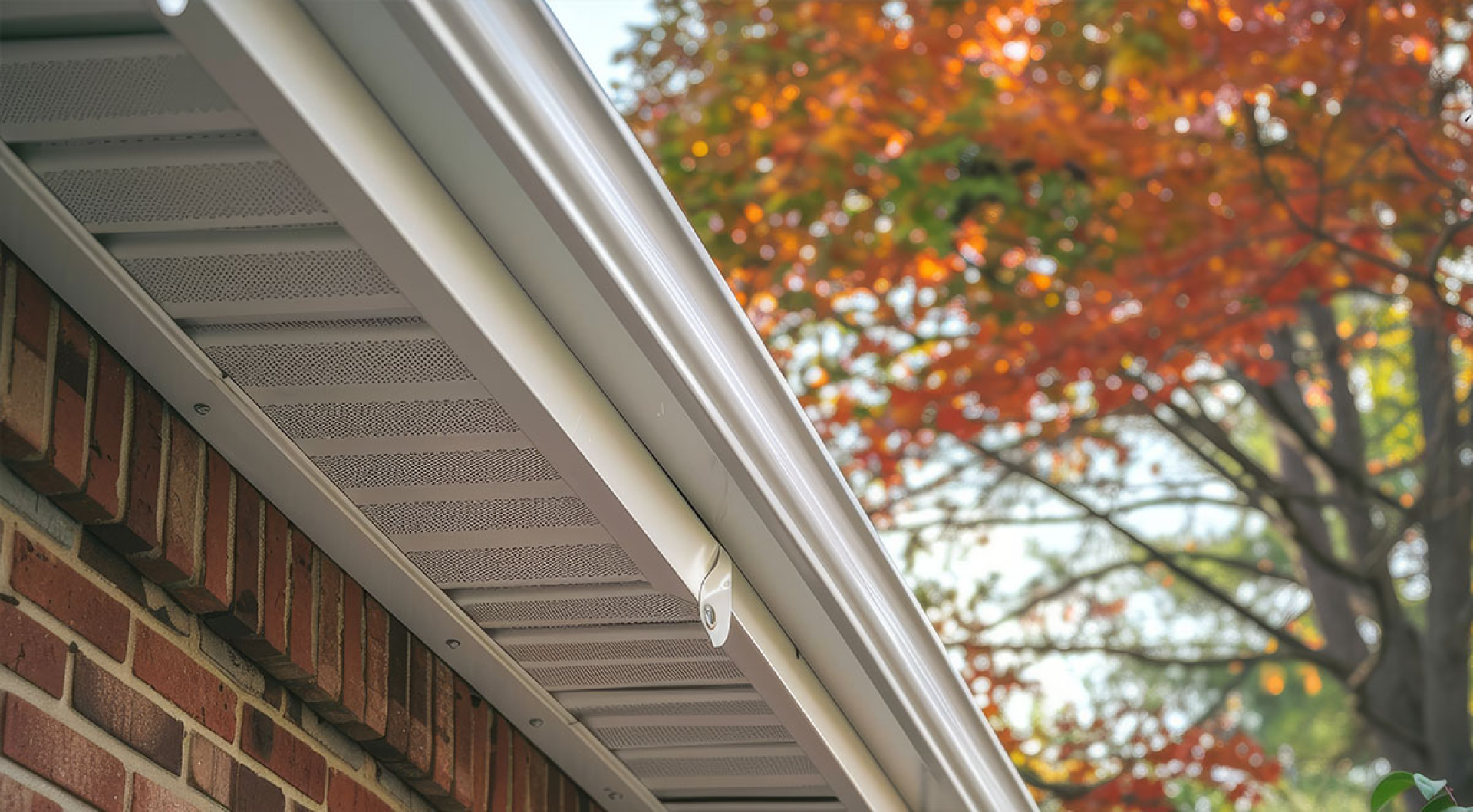The Lifespan of Different Roofing Materials in Hickory & Statesville's Climate
Tuesday, August 05, 2025Choosing the right roofing material for your Hickory or Statesville home involves understanding how different materials perform in the unique climate conditions of Catawba and Iredell counties. The southeastern piedmont region presents specific challenges that can significantly impact roofing material lifespan, from intense summer heat and UV exposure to occasional ice events and frequent thunderstorms.
When severe weather strikes across North Carolina, homeowners face the immediate threat of roof daamage that can lead to catastrophic interior destruction. Emergency roof tarping serves as a critical first line of defense, providing temporary protection until permanent repairs can be completed. Understanding when and how to secure emergency tarping services can mean the difference between minor water damage and thousands of dollars in structural repairs.
Your roof is your first line of defense against North Carolina's diverse weather patterns. While many homeowners focus on shingles and structural integrity, proper roof ventilation often gets overlooked.
At Northwest Roofing, we've seen numerous preventable roof failures caused by inadequate ventilation. This guide explains how ventilation problems can lead to premature roof failure, with specific attention to the unique weather challenges faced by Hickory and Statesville homeowners.
When it comes to protecting your home, your roof is your first line of defense against the elements. While many homeowners are diligent about scheduling regular roof inspections, standard evaluations—especially those conducted by general home inspectors rather than roofing specialists—often miss critical hidden problems that could lead to significant damage and costly repairs down the road.



